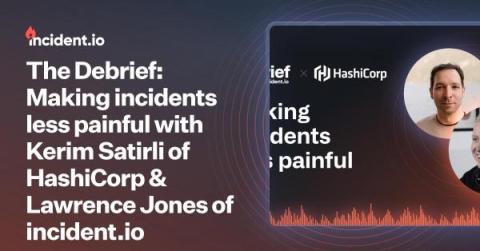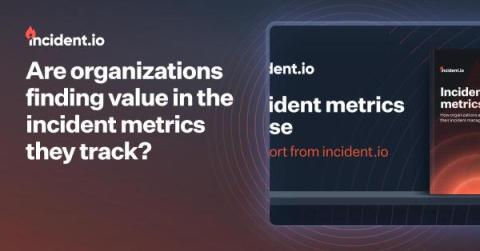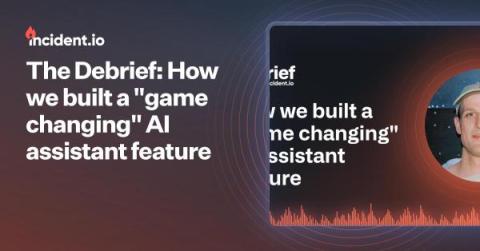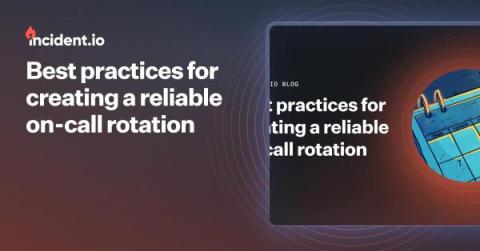Making incidents less painful with Kerim Satirli of HashiCorp & Lawrence Jones of incident.io
For a lot of teams, incident management can be a bit of a headache. It's stressful. It's not optimized. The whole process can feel like it's being held together with tape. Worst of all? Responders are the ones feeling the brunt of it. But in reality, your customers are, too. Think about it: But honestly, the situation doesn't even have to be so dire. Things can be, generally speaking, totally fine. But you recognize that there are some things that you can do to make incident response really shine at your organization.



















